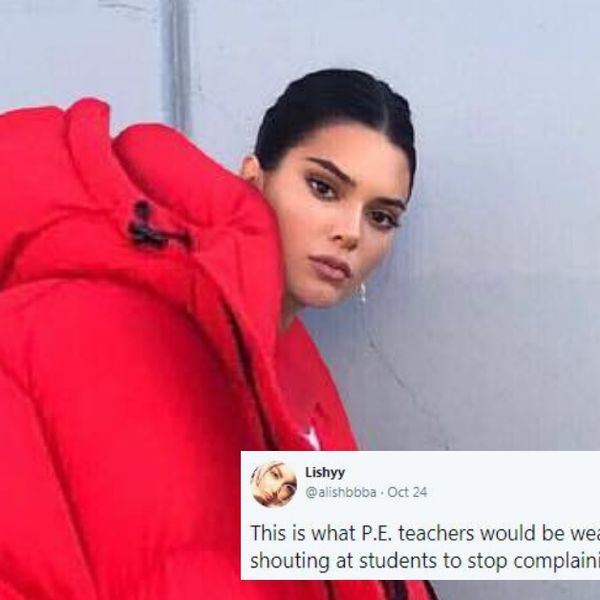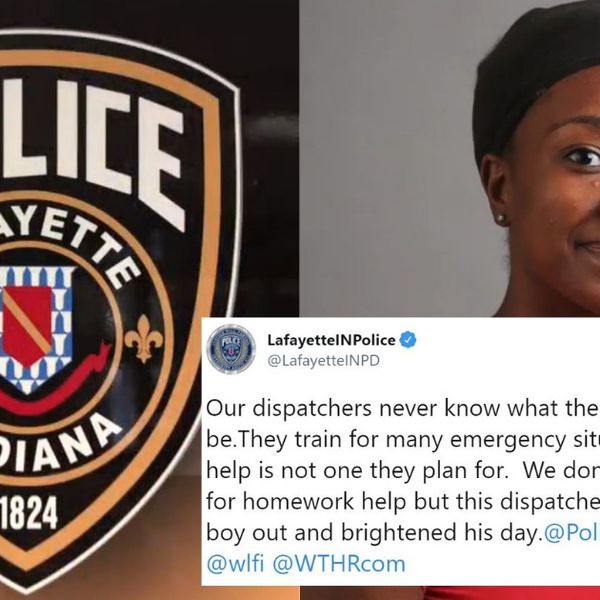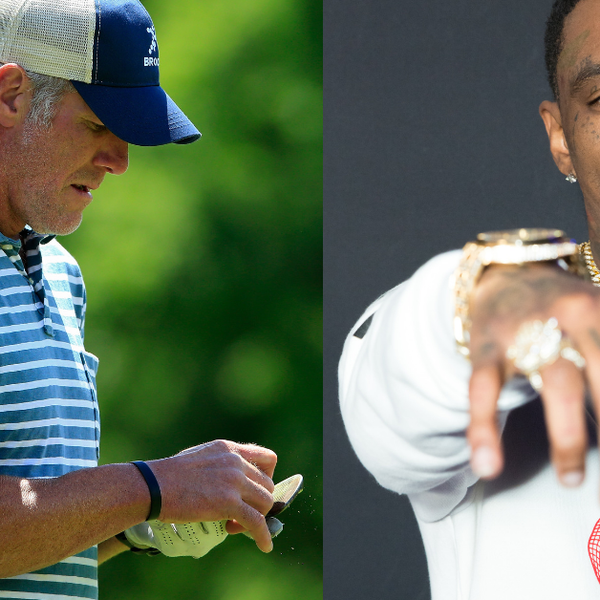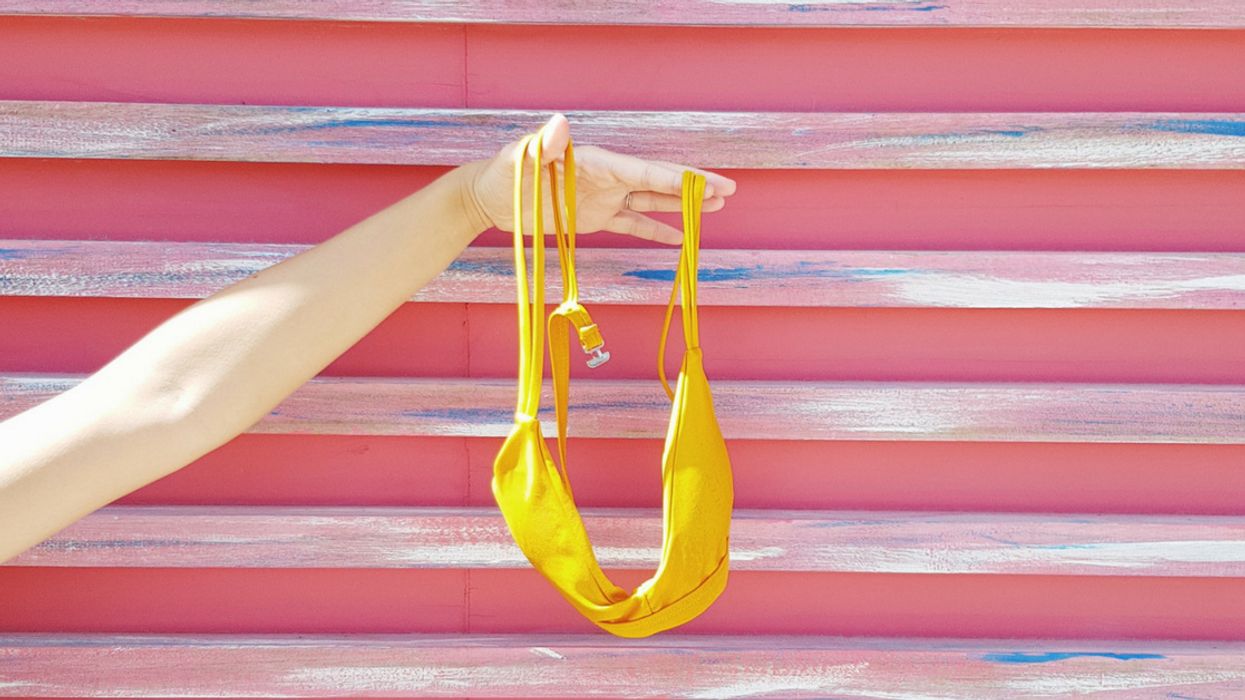October, 1999, LOS ANGELES — It felt like déjà vu, and I didn't like it at all. In September, I participated in a press conference in Los Angeles and a U.S. Justice Department symposium in Washington, D.C. The topic at both events -- minorities on television.
For decades, television network executives have been making ringing proclamations of their responsibility to reflect the great diversity of America. When called to task for their failings, they always asserted that they would do better the next season. But without a trace of embarrassment, the four top networks, CBS, NBC, ABC and Fox, revealed a slate of 26 new shows for the 1999-2000 season in which all the lead roles and all the regular supporting roles are white. Bluntly put, they are presenting a version of America that is a bald-faced lie. I call it a white-faced lie. Look around any American city and one can clearly see that ours is a multi ethnic, multi racial, multi cultural society. What makes us unique among nations is the fact that Americans are the only people in the world who do not share a common gene pool.
Television plays an awesomely important role in race relations. It shapes and forms perceptions and attitudes about the people with whom we live. Used constructively, television can be a vital element in building a healthy society of diverse people. Used irresponsibly, it can divide and inflame.
Asian Americans are keenly aware of this power of television. The portrayal of Asian Americans in one-dimensional stereotypes, or, even worse, our absence from television, underscores the view of Asian Americans as not truly American. No matter how many generations we have been here, Asian Americans still are seen merely as extraordinarily Americanized foreigners. Whether in news coverage or entertainment programming, this kind of simplistic portrayal strips us of our variety and complexity and reduces us to just the "other." Thus, the suspected transgression of an individual Asian American casts a veil of suspicion on all Asian Americans. Asian American scientists are viewed with suspicion as possible spies for foreign nations. Our political contributions are questioned with no basis other than our Asian surnames. Over half a century ago, because this country couldn't recognize the distinction between Americans of Japanese ancestry and the Imperial Japanese government, all Japanese Americans on the West Coast were incarcerated in American concentration camps during World War II.
In offering a slate of new shows void of minorities, the four networks are reinforcing a dangerous fantasy — the fantasy that America is a white nation. This vision feeds directly into the delusions of white supremacists. It sustains their racist notion that minorities don't belong in America and need to be eliminated. In the last few months, three Asians have been killed in hate crimes in Illinois, Indiana and, most recently, here in my hometown of Los Angeles. Do the television decision-makers think they are not in any way connected to these troubles?
How can television have sunk so low since those halcyon years of Star Trek more than three decades ago? Star Trek creator Gene Roddenberry believed in the credo, "strength in our pluralism." He envisioned the Starship Enterprise as a metaphor for starship earth in all its great diversity. The crew of the Enterprise reflected the composition of the many people that inhabit this planet working in concert. Roddenberry created a show that resonated with the television viewing audience, not only in this country, but all over the world. And the show has engaged the imagination of this global audience for more than thirty-three years. If television is an imitative medium, then there could be no better model for television executives to imitate than the vision of Gene Roddenberry. Let's go back to the future.
Woman Was Fired For Refusing To Wear A Bra At Work—And Now She's Suing
Christina Schell, from Alberta, Canada, stopped wearing bras three years ago citing health reasons.
While Schell did not specify the health reasons, she did state she finds them to be "horrible."
But after her refusal to sign or adhere to a new enforced dress code policy to wear a bra or tank top under her work shirt at a golf course grill where she worked, Schell was promptly fired.
Now, the 25-year-old has filed a human rights violation against the Osoyoos Golf Club, Osoyoos, in British Columbia, Canada.
Schell said:
"I don't think any other human being should be able to dictate another person's undergarments."
When she asked the general manager, Doug Robb, why she had to comply, the manager told her the mandate was for her protection.
Robb allegedly said:
"I know what happens in golf clubs when alcohol's involved."
After losing her job, she brought the case to the British Columbia Human Rights Tribunal and told them the club's dress code was discriminatory because the rule didn't apply towards male employees.
Schell told CBC:
"It's gender-based and that's why it's a human rights issue. I have nipples and so do the men."
David Brown, an employment lawyer in Kelowna, BC, said gender-specific dress codes could be viewed as discriminatory under the BC Human Rights Code.
He stated:
"It's an interesting question as to whether or not an employer can dictate the underwear that women can wear, but they don't say anything about the underwear that men can wear, and does that create an adverse impact on the individual?"
Brown added:
"If this policy is found to be discrimination, the next question is does the employer have a bonafide occupational requirement to essentially impose this on the individual?"
"I'm kind of scratching my head as to what that occupational requirement would be."
@GlobalBC The policy is sexist the peopl supporting it are sexist. Hope she wins her complaint— Lori bell (@Lori bell) 1529692660.0
@Shelby_Thom @WoodfordCHNL @GlobalOkanagan @GlobalBC Then men should have to wear either a tank top or undershirt— caffene fiend (@caffene fiend) 1529624161.0
@SoldByBrock @Shelby_Thom @GlobalOkanagan @GlobalBC What does common courtesy have to do with wearing a bra? Breast… https://t.co/ZVI2xDdpgf— M Shumway (@M Shumway) 1529843759.0
As for the tank top option, due to working under oftentimes extreme heat serving tables outsides, Schell did not want to wear another layer of clothes just because of her gender.
Schell said:
"It was absurd. Why do you get to dictate what's underneath my clothes?"
Employment lawyer Nadia Zaman told CBC that the club can enforce a gender-specific policy as they deem necessary as long as the establishment can prove it is for the occupational safety of its workers.
But the attorney questioned if forcing female employees to wear a bra was applicable in this case.
Zaman stated:
"If they simply require that female employees wear a bra but then they don't have a similar requirement for males, and they can't really justify that … then there is a risk that their policy's going to be deemed to be discriminatory."
Under British Columbia's discrimination law, it is illegal for employers:
'to discriminate against any individual because of his race, color, religion, sex, or national origin'.
@GlobalBC @globalnews Logistically bras or the absence of does not impact health or work performance. That is my v… https://t.co/65cLHBMowf— Louisette Lanteigne (@Louisette Lanteigne) 1529769211.0
McDonald's employee Kate Gosek, 19, agrees with Schell in that the dress code is "unnecessary." She too was harassed by her employers at a McDonald's in Selkirk, Manitoba, over refusing to wear a bra.
"She just told me that I should put on a bra because, McDonald's—we are a polite restaurant and no one needs to see that."
Schell's case sparked plenty of debates on Twitter.
@DunnMan77 @GlobalBC It's just discriminatory, woman shouldn't have to wear bras if they don't want to. As well as… https://t.co/RXhRVWUuNy— Mary Johnson (@Mary Johnson) 1529685276.0
@DunnMan77 @GlobalBC Men do not have to wear underpants if they don't want to. As of right now there are no laws to… https://t.co/l8FuPVybWo— Mary Johnson (@Mary Johnson) 1529686418.0
@GlobalBC Women have the right not to be forced to wear a bra Shaving & makeup also is a choice. If you want to do… https://t.co/Ybkj6PLDnD— Lozan (@Lozan) 1529686156.0
@Lozan72 @GlobalBC I would completely understand her and your argument if we were talking about a potential law to… https://t.co/trRyNAubn4— Chris George (@Chris George) 1529690293.0
@GlobalBC This story frustrates me. There's no dress code equivalent for men? Well if I saw the outline of a male s… https://t.co/5YbAvXKRcO— Molly Max (@Molly Max) 1529705327.0
Schell is not alone in her disdain for bras.
@GlobalBC I personally HATE wearing a #bra absolutely hate it with passion and unashamed to admit it. I HATE BEING… https://t.co/GEi3LtxIDa— Lozan (@Lozan) 1529686305.0
Schell is still waiting to hear from the Human Rights Commission about her claim.
H/T - GettyImages, Twitter, Indy100, CBC











